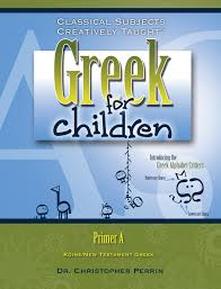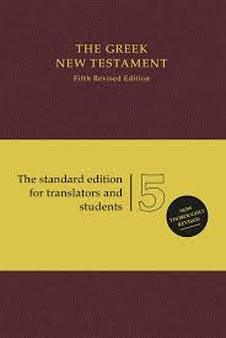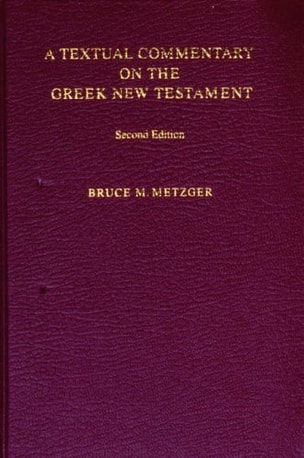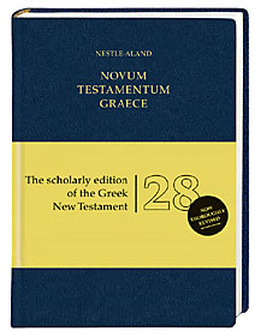
Please comment and offer thoughts, ideas, resources, experience, etc.
Books for Teaching Children:
Biblical Greek 4 Kids: Book 1 - Ashlyn McKnight Perkins (currently out of print)
(Great for smaller children ages 3-6)
Greek for Children Primer A - Christopher Perrin
(Recommended for ages 8-12)
Greek for Children Primer A Answer Key - Christopher Perrin
For those parents who have a basic knowledge and grasp of NTG and will be teaching their children, I suggest using The Basics of Biblical Greek from Bill Mounce. If the parent knows Greek, this book can serve to be a very helpful guide for children ages 6-12 who have a simple understanding of basic English grammar. This book is extremely user friendly and very understandable.
Kid's Greek from Bill Mounce
Bill Mounce is developing a teaching program to help parents teach their children the language of the New Testament, and in turn understand and study the Bible better. Yes! children can learn Greek too! It is still under development, but seems very promising and positive.
Greek Songs: These aren't just for kids!
- The following materials are freely provided by Teknia.com
- MP3 audio & PDF lyrics are linked below
1. The Alphabet Song mp3 PDF
2. Jesus Loves Me mp3 PDF
3. Doxology mp3 PDF



